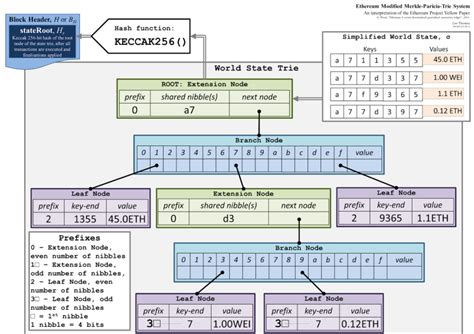Your cart is currently empty!
Ethereum: Can a smart contract automatically deduct some amount from one wallet and send to other?
Ethereum: Can a smart contract automatically deduct an amount from one wallet and send it to another?
The concept of smart contracts has revolutionized the way businesses operate, allowing for the automation of complex transactions and agreements. However, one of the most fascinating aspects of smart contracts is their ability to automatically deduct funds from one wallet and send them to another. This feature can be particularly useful for businesses that require recurring payments or investments.
The scenario:
Let’s say a company called “A” is raising investments on the blockchain, where investors are promised a return on investment of X% on the amount invested after N years. Investors deposit their money into company A’s Ethereum wallet and agree to receive their profits in 12 months. All of these investments are sent in a smart contract that automates the process of deducting funds from one wallet and sending them to another.
The smart contract:

The smart contract is programmed to automatically deduct the pledged amount (X% of the initial investment) from investors’ wallets after 12 months. Here’s an example of how this might work:
- Initial investment: Investors deposit their money into Company A’s Ethereum wallet, which is verified and audited by a trusted third-party organization.
- Smart contract deployment: The smart contract is deployed on the Ethereum blockchain, using a decentralized application (dApp) platform such as OpenZeppelin or Hyperledger Fabric.
- Deduction of funds: When the 12-month period expires, the smart contract automatically deducts X% of the initial investment from each investor’s wallet.
- Return payment: The deducted amount is then sent to Company A’s Ethereum wallet as a return payment.
Benefits and Challenges
The automatic deduction feature offers several benefits:
- Increased efficiency: no manual intervention or coordination between parties is required.
- Reduced risk: Minimized risk of disputes, delays, or unauthorized withdrawals.
- Improved transparency: Clear visibility of the investment process and returns.
However, there are also challenges to consider:
- Scalability issues: The smart contract should be designed to handle a large number of transactions and investments.
- Security issues
: Ensuring the integrity and security of the smart contract code is crucial to prevent unauthorized access or manipulation.
- Regulatory compliance: Companies must ensure that their use of smart contracts complies with relevant regulatory requirements, such as anti-money laundering (AML) and know-your-customer (KYC) regulations.
Real-world examples
Several companies have already implemented similar smart contract-based investment solutions. For example:
- BlockFi – a blockchain-based lending platform that allows users to borrow money at interest rates of up to 7% per year.
Coinbase – a cryptocurrency exchange platform that offers a feature called “Earn” that rewards users with interest on their invested funds.
Conclusion
The automatic deduction feature of smart contracts has the potential to revolutionize investment management and provide a more efficient, secure, and transparent way for companies to deliver returns to their investors. However, it is essential to carefully evaluate the benefits and challenges associated with this technology before implementing it in practice. As the use of smart contracts continues to grow, we can expect to see even more innovative applications of this technology across various industries.
Leave a Reply